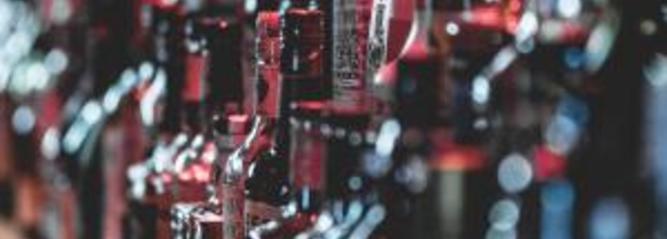7 Ways Alcohol Affects Diabetes
Drinking alcohol can affect your health in more ways than one. But do you know what alcohol use means when you live with diabetes?
Make sure you know the facts.
Drinking alcohol can affect your health in more ways than one. But do you know what alcohol use means when you live with diabetes?
Make sure you know the facts.

Table of contents
The liver’s main function is regulating blood sugar in the body. When you drink, your liver has to work to remove alcohol from your blood instead. This can decrease your blood sugar level — potentially to dangerous levels.
Certain types of alcohol (such as beer or sweet wine) contain carbohydrates. Drinking even moderate amounts can raise your blood sugar levels.
This may cause you to overeat, which can affect your blood sugar.
Every ounce of alcohol contains almost twice as many calories as the same amount of protein or carbohydrates. That makes it harder to maintain a healthy weight.
If you take medications such as insulin or sulfonylureas to treat your diabetes, drinking alcohol can interact with how they work. This can lead to hypoglycemia or insulin shock, a medical emergency.
Drinking impacts the way you think and feel — which can disrupt decision-making. You may make poor food choices. Lose track of what you eat. Mix up your medications. Or, forget to take them altogether.
High blood pressure is a leading cause of kidney disease and stroke. People with diabetes are already at greater risk of high blood pressure. Plus, drinking can interfere with medications used to manage blood pressure.
The key is to drink in moderation and regularly check your blood sugar.
The American Diabetes Association recommends no more than one alcoholic drink per day for women, and no more than two drinks a day for men. And, talk with your diabetes team about what’s right for you.
Accu-Chek Newsletter
Get diabetes management tips and news delivered right to your inbox.